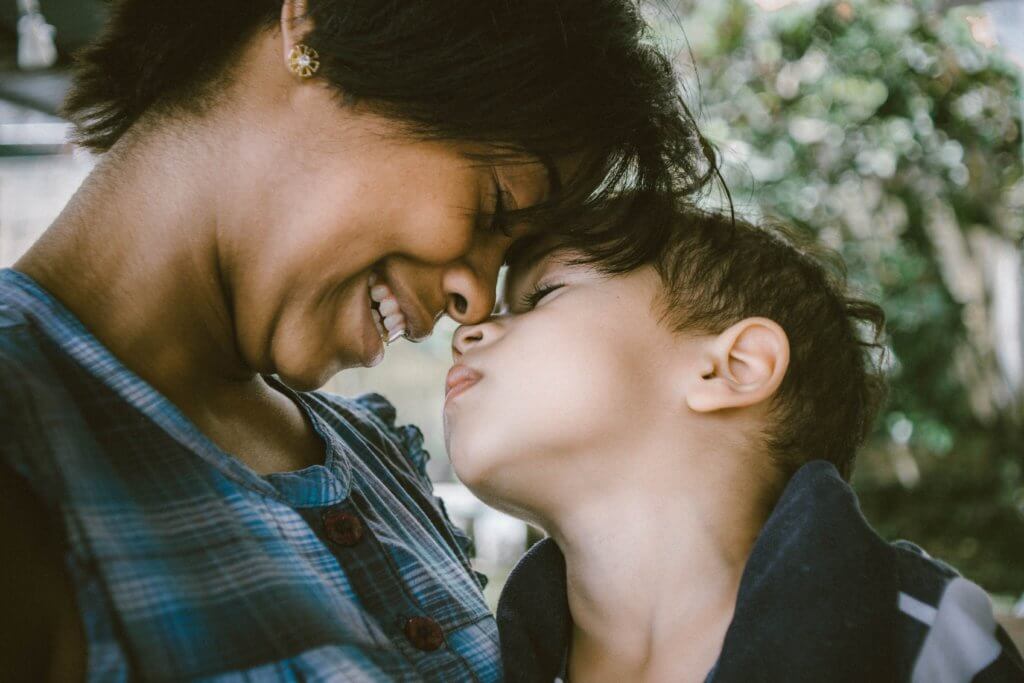
Your Answers to Common Questions about Custody Law & Visitation in GA
At the Law Offices of Sean R Whitworth, we often get questions concerning child custody and visitation. Seek legal counsel in your state. The answers listed here are specific to Georgia Family & Divorce Law. Our offices are located in Marietta Ga and we handle all aspects of Family Law at Flat agreed upon Fees.

Do mothers and fathers have the same rights to custody and visitation?
If the parents are married, they have equal rights to visitation and custody.
Who is entitled to custody of a child when the parents aren’t married?
Under Georgia law, only the mother of a child born out of wedlock has custody rights to the child. For an unwed father to get any parental rights, including custody or visitation rights, he must file a legitimation action in court. Or, the father and mother can sign a voluntary acknowledgment of legitimation. A legitimation action legally recognizes that a man is the father of the child and gives the child the right to inherit from the father. As part of a legitimation action, the unwed father can also ask for custody, visitation and/or child support. Only the father is allowed to file for legitimation in court and the petition should be filed in the county where the mother and child reside.
What if the father is listed on the child’s birth certificate?

Just because a father’s name is listed on the birth certificate does not give the father any legal rights to custody or visitation under Georgia law. It also does not give the child the right to inherit from the father. To have full rights as a father in Georgia, an unwed father must legitimate the child either in a court action or by signing the legitimation acknowledgment.
What if the father has been ordered to pay child support?
A court order requiring the father to pay child support does not give the father any legal rights to custody or visitation.
Can parents agree on which parent shall have custody?
Yes. However, the court may choose not to honor the agreement if it determines that the agreement is not in the best interest of the child.
Can a child select the parent with whom he or she wishes to live?
If the child is 14 or older, the child shall have the right to select the parent with whom he or she desires to live. The child’s selection for purposes of custody shall be presumptive unless the parent so selected is determined not to be in the best interests of the child. If the child has reached the age of 11 but not 14 years, the judge shall consider the desires and educational needs of the child in determining which parent shall have custody. The judge shall have complete discretion in making this determination, and the child’s desires shall not be controlling.. Parents should be careful not to put children in the position of having to choose one parent or the other parent. Normally, children love both their parents and will do all they can to avoid hurting the feelings of either parent, including telling both parents they want to live with that parent.
What is a parenting plan and do I have to have one?
A new Georgia law requires parenting plans in all custody or visitation cases filed after January 1, 2008. The purpose of a parenting plan is to help parents think through and set out how issues of custody and visitation should be decided. There are many requirements about what goes into a parenting plan. If parents are in agreement, they can file a joint plan, but otherwise, each parent must submit a separate plan. The Court will enter a final parenting plan order as part of the divorce decree (if married) or legitimation and custody order (if parties are not married).
Does the law favor giving custody to the mother or the father?
No. The parents are equal under the law. There is no presumption that the child should live with the mother or the father. The decision always depends upon what the judge believes will promote the best interest and welfare of the child, based on the evidence presented in court.
What factors will a judge consider when deciding which parent should have custody of a child?
The judge may consider a long list of factors when deciding who should have custody of the child. Some of them are:
- The bonding and emotional ties that exist between each parent and the child
- The length of time the child has lived in the current home and whether that environment is stable and satisfactory
- The mental and physical health of each parent
- Evidence of family violence, child abuse, substance abuse or criminal history of either parent
- The ability of each parent to meet the educational needs of the child
- The ability of each parent to provide the child with food, clothing, and medical care
- Each parent’s involvement in the child’s educational, social and extracurricular activities
What is the difference between physical and legal custody?
There are two types of custody under Georgia law: physical and legal. Physical custody determines the parent with whom the child lives. Legal custody determines who makes major decisions concerning the child, including the child’s education, health care, extracurricular activities, and religious training.
Can a judge award joint physical custody?
Yes. However, a judge will normally award one parent primary physical custody.
Can a judge award joint legal custody?
Yes. In fact, judges often award joint legal custody. The law favors both parents having equal access to the child’s medical and educational information and both parents being involved in major decisions related to the child’s upbringing.
What if both parents have joint legal custody and they disagree about decisions related to the child’s upbringing?
The custody order or parenting plan should explain how to handle such disagreements. The order or plan may say that if the parents disagree about an issue related to the child’s upbringing then the parent with primary physical custody will make the decision. However, a judge may also order that one parent will have sole power to make certain decisions and the other parent will have sole power to make other decisions. Another option is that the judge may order a parent to be a “tie-breaker” for each major issue when the parents cannot reach an agreement after discussing the issue.
Can one parent be awarded both physical and legal custody and the other parent be awarded neither?
Yes. When only one parent has physical and legal custody rights to the child, this is called sole custody. The parent with whom the child lives have the authority to make all decisions concerning the child, except for day-to-day decisions while the child is visiting the other parent.
Can the court change or modify a custody decision?
Yes. A new court case has to be filed stating that there has been a substantial change of circumstances that affect the interests and welfare of the child since the order was entered. If the non-custodial parent files the petition, it must be filed in the county of the custodial parent. If the custodial parent files the petition, it must be filed in the county of the non-custodial parent.
If the parent who has physical custody changes, how does it affect child support?
The parent without physical custody normally pays child support. After the parent with physical custody changes, the parent who has just obtained physical custody will most likely no longer have to pay child support. However, if the parent who has just obtained physical custody is behind on child support at the time that custody changes, he or she would still owe the other parent the arrears.
Is the parent who does not get physical custody usually awarded visitation?
Yes, but the court may place restrictions on the visitation if it is in the best interest of the child.
What can a parent do if the other parent does not return the child after visitation?
Once there is a court order in place, either party can file a contempt action and ask the court to enforce the order. The contempt should be filed in the county where the order was entered. Either parent can also file a criminal complaint with law enforcement for interference with custody.
Do I have to send the child for court-ordered visitation if I do not think it would be best for the child to visit the other parent?
Usually, yes. If you refuse to follow the visitation order, the other parent could file a contempt action against you. If you do not think that the visitation arrangement is good for the child, then you should file an action to modify the visitation order. Georgia Custody Law is very clear about following the orginal visitation order.
When can the court change or modify a visitation order?
Visitation rights may be modified by the court at any time when there has been a change in circumstances. In addition, visitation may be modified without a change in circumstances, but this may not be done more than once in each two-year period following the signing of the initial custody order.
Who is entitled to custody of a child upon the death of a parent?
The surviving parent is normally entitled to custody of the child upon the death of the other parent. However, a non-parent may ask the court to give him or her custody. The court may award custody of the child to a non-parent based upon the child’s best interest and welfare, but there is a presumption in favor of the natural parent.
Can I prevent the other parent from getting custody if I die?
No. You can express your preference that a non-parent be given custody in your will, but a judge will have to make the final decision after being asked to do so by the non-parent. After your death, the non-parent will have to file for guardianship or custody and tell a judge why it is in the child’s best interest for the non-parent to have custody instead of the other parent. You cannot control what a judge will decide.
Can I prevent the other parent from moving?
No, unless they are moving to another country. A parent is free to move where he or she wishes within the U.S., but the move could be a material change of circumstances that would allow the other parent to file an action for modification of custody or visitation. Unless the custody order states otherwise, the parent who is moving must give the other parent 30 days advance notice. This 30 day time period gives the parent who is not moving time to file an action for modification.

